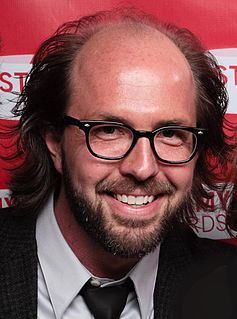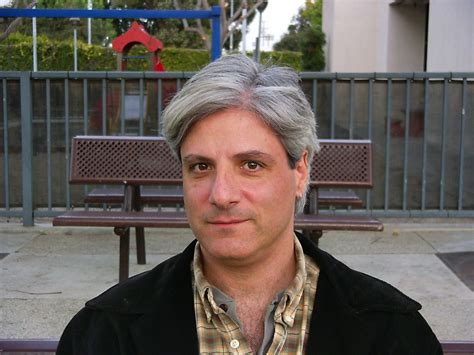A Quote by Elizabeth Barrett Browning
At painful times, when composition is impossible and reading is not enough, grammars and dictionaries are excellent for distraction.
Quote Topics
Related Quotes
There are times it's the only thing I want and I wonder how I'll ever go back to the world of noise and distraction. Other times, silence allows me to hear what's really going on in my head. Part of the reason we're on our phones or watching television or reading magazines is to give our heads something else to listen to other than our own thoughts.
I know that the materials found on the streets is rich and wonderful, but my experience is that the way I am accustomed to work, slowly planning my composition etc. is not suited for such work. By the time I have the composition or expression right, the picture is gone. I guess I want to do the impossible and therefore I do nothing.





































